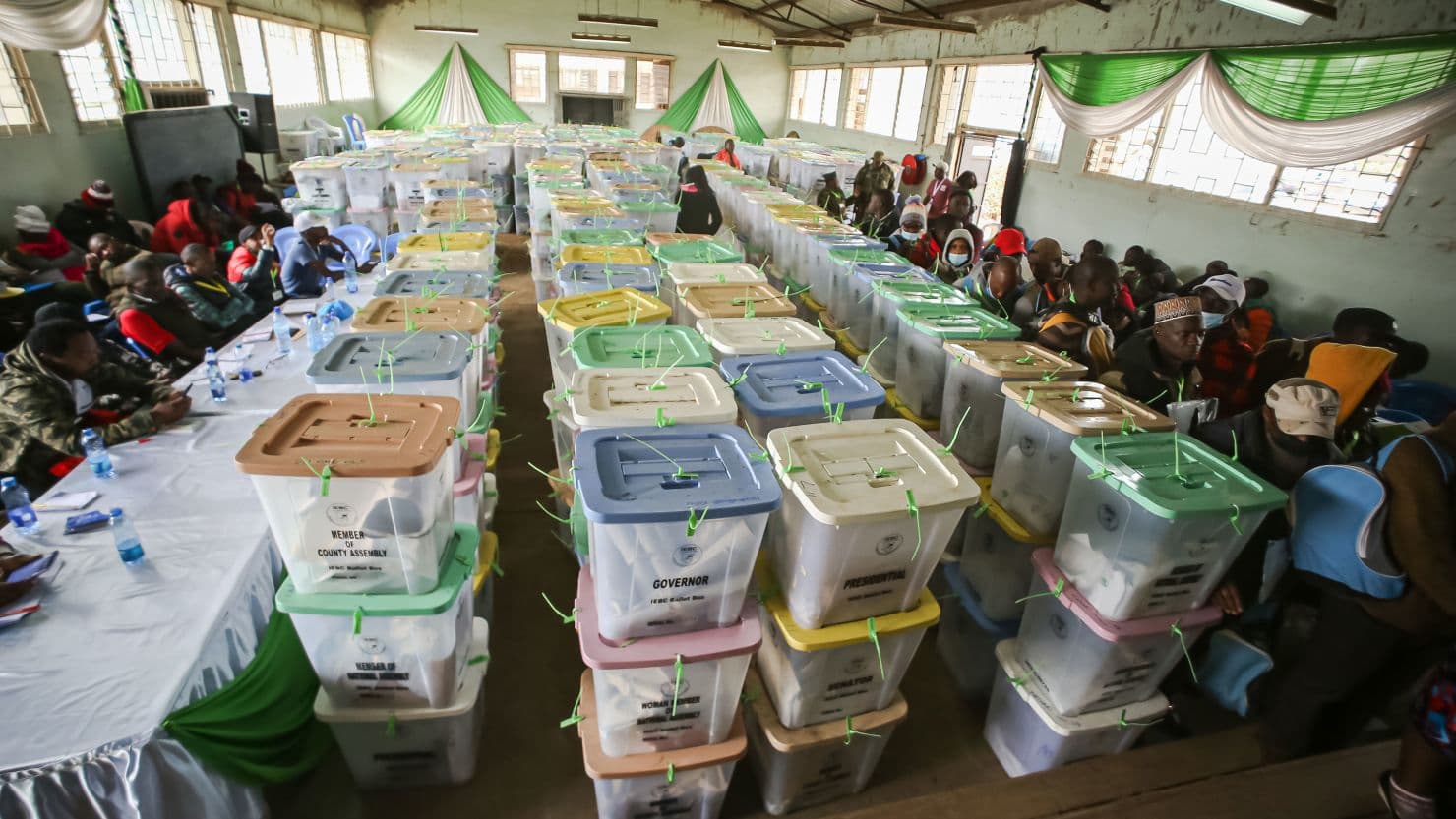We're loading the full news article for you. This includes the article content, images, author information, and related articles.
A recent survey by TIFA Research & Consulting reveals alarmingly low trust in Kenya’s electoral commission — only 18 percent of respondents said they are “very confident” in the Independent Electoral and Boundaries Commission (IEBC) ahead of the 2027 elections.

Nairobi, Kenya — September 25, 2025
A recent survey by TIFA Research & Consulting reveals alarmingly low trust in Kenya’s electoral commission — only 18 percent of respondents said they are “very confident” in the Independent Electoral and Boundaries Commission (IEBC) ahead of the 2027 elections. Meanwhile, 48 percent said they have no confidence at all, and 26 percentexpressed being “somewhat confident.” Another 8 percent were undecided.
The survey was conducted between August 23 and September 3, 2025, across all 47 counties, with 2,024 adult respondents and a margin of error ±2.17 percent.
Compared to the August 2022 poll, when 58 percent of Kenyans said they were “very confident” in the IEBC, the new results reflect a major collapse in institutional trust.
Among those who said they had no confidence, 45 percent cited political interference, and 34 percent singled out lack of trust in IEBC commissioners and leadership as key concerns.
Other issues included fears of electoral violence and insecurity (13 percent) and possible technology failures such as results transmission breakdowns (3 percent).
Perceived political meddling: Many Kenyans believe that the commission is influenced by partisan interests, undermining its independence.
Leadership credibility: Doubts about the integrity and competence of the current IEBC chair and commissioners weigh heavily on public confidence.
Historical disputes: Previous electoral disputes, court challenges, and contested results have left lingering distrust in the system.
Institutional reforms lagging: While new commissioners and technical changes have been introduced, public perceptions suggest little has changed in practice.
Legitimacy challenge: With under one in five expressing strong confidence, the IEBC faces a serious test of credibility going into 2027.
Voter behaviour: Low trust may depress turnout in some areas or fuel skepticism about results, especially in tight races.
Political leverage: Opposition parties or discontented groups may exploit the low confidence figures to delegitimise outcomes or call for reforms.
Urgent repair needed: The commission must demonstrate transparent, accountable reforms — especially in by-elections and other interim tests — to rebuild trust.
Keep the conversation in one place—threads here stay linked to the story and in the forums.
Sign in to start a discussion
Start a conversation about this story and keep it linked here.
Other hot threads
E-sports and Gaming Community in Kenya
Active 9 months ago
The Role of Technology in Modern Agriculture (AgriTech)
Active 9 months ago
Popular Recreational Activities Across Counties
Active 9 months ago
Investing in Youth Sports Development Programs
Active 9 months ago